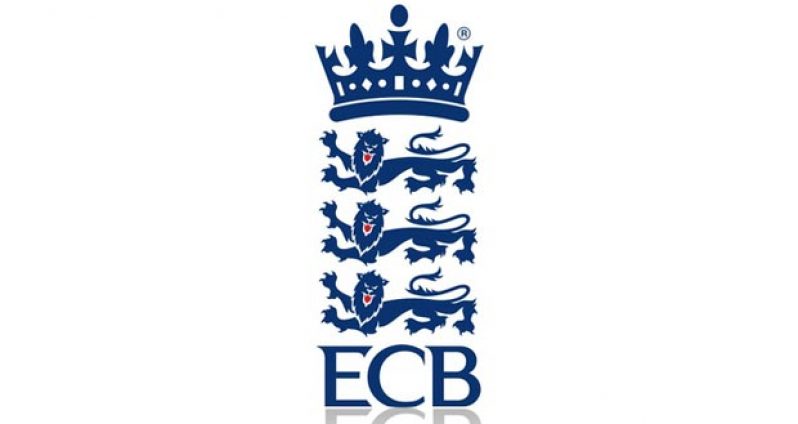ENGLAND’S fallen cricketers can finally breathe a sigh of relief – they are not the biggest cause for concern so far as one of the game’s most influential, and widely heard, voices is concerned.
Normally, an Ashes whitewashing described as the worst result in England’s 137-year Test history would earn top billing in Wisden Cricketers’ Almanack. And most editions of the Big Yellow Book, certainly those published during the past three or four decades, would have seen the editor devoting more than five paragraphs of his Notes to the sacking of a box office superstar like Kevin Pietersen.
But while England – struggling captain, former coach, miscalculating selectors, one-time golden boy-turned-he-who-must-never-darker-our-door-again and all – are examined in turn, it is another subject entirely that first encourages Wisden onto its soapbox.
“Cricket is appallingly administered and is vulnerable to economic exploitation by the one country powerful to exploit it and the two countries prepared to lend their plans credibility,” Lawrence Booth writes in Wisden’s leader column or Notes by the Editor.
Step forward (and don’t take a bow) India, England and Australia. Yes, it was the “big three’s” 2014 masterplan for world cricket that bothered Wisden more than anything else as its 151st edition was being put to bed.
“The boards of India, England and Australia had quietly crafted a document which claimed to safeguard the game’s future while more obviously safeguarding their own,” Booth writes.
“In sum, the BCCI wanted an even larger slice of the ICC pie, and the ECB and Cricket Australia happily acquiesced, knowing their portion would grow too. The rest were assured they would be better off. And who could object to a world with more money for everyone?
“Here was a colonial style divide and rule. Here was the realpolitik of modern cricket. It was hard to read this any other way: the rich would be getting a whole lot richer.”
Elsewhere in Wisden, Giles Clarke, the ECB’s Chairman, is given two pages to state the case for the defence, although stating the case for “our vision for a better game” is how he would put it.
“Following much discussion, with two meetings in Dubai and a third in Singapore, agreement was reached and resolutions were passed on February 8,” Clarke writes. “As so often in cricket administration these were widely – perhaps deliberately – misinterpreted. We had to harden ourselves against uninformed and biased comment to deliver our vision for a better and more financially secure cricketing world.”
Clarke and co are no doubts still hardening themselves, so to speak – especially should they read comments like one in Booth’s notes that refers to India’s “English and Australian lapdogs.”
“The Test game needed to be nurtured as the primary format,” Clarke writes. And he adds: “The FTP has not been abolished but left to individual boards to arrange among themselves. It has been extended to 2023 with the top eight nations playing each other. And India do not get a veto.”
Contrast that to what Booth reads into the Big Three’s original draft document (which was leaked to ESPNcricinfo) and which Wisden’s editor believes “may reveal the true motivation, before compromise reins it in.”
Booth states: “At its heart lay the BCCI’s desire not merely to oust the ICC as the game’s governing body but to wean themselves, eventually, off all but the most lucrative international fixtures, and to create more space for domestic Twenty20.”
So you pay your money (£50 in the case of both hardback and softcover versions of Wisden 2014) and you take your choice.
(ESPN Cricinfo)
(By David Lloyd)




.png)









